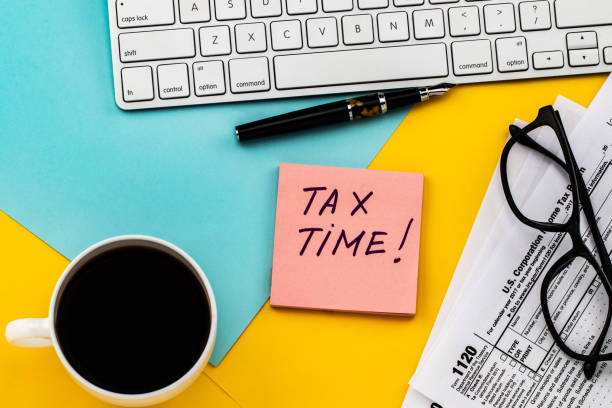Out of more than 143 million taxpayers, you may think the IRS has enough to worry about and won’t notice if you pay your taxes late or fail to pay at all.
There were nearly 148.3 million tax returns filed in 2019, but no matter how busy the Internal Revenue Service (IRS) gets during tax season, they’re pretty good at finding those who have been delinquent in their tax payments. When you fail to pay by the due date, penalties and interests will begin to accrue on any outstanding amounts.
If you’re due for a refund, you should still file within three years of the return due date, otherwise any cash the IRS owes you will be forfeited. Earned Income Credit (EIC) and other tax credits also follow same rule.
A payment plan can be set up with the IRS if you believe you can’t afford to pay your tax bill. There are service fees you need to pay however, which could range from $0 to $149 if you decide to go with a payment plan, and said fees will include interest on the balance until you’re able to pay in full. Plus, you may also have to pay the non-payment penalty, which could go as high as 25% of the unpaid tax amount.
Other Payment Options
It may make more sense to use a 0% APR credit card instead. You’ll be able to pay off your tax bill over time with zero interest for 12 to 20 months (this varies depending on the credit card company you choose). However there is a one-time ~2% fee you’ll need to pay should you decide to use a credit card to pay your tax dues.
What Happens If You Fail to Pay for 10 Years or Longer?
If it has been a long time since you paid taxes, you are most likely liable to pay back taxes. You may have to pay additional penalties and interest. Keep in mind that the IRS recognizes several crimes related to failure to pay taxes. Under Internal Revenue Code 7201, willful evasion of taxes is punishable by up to 5 years in prison and may be fined up to $250,000. The government has a time limit to file criminal charges against tax evaders, usually within 6 years.
If you have not filed your taxes for a long time, you might think the IRS has forgotten about you. But nothing’s farther from the truth. While there is a 10-year time limit for the IRS to collect taxes, interest and penalties, the period of limitations on collections only starts when the IRS does a deficiency assessment. Some states can collect state taxes up to 20 years from the date of assessment.
There is generally a 10-year time limit on collecting taxes, penalties, and interest for each year you did not file. However, if you do not file taxes, the period of limitations on collections does not begin to run until the IRS makes a deficiency assessment.
State tax agencies have their own rule and many have more time to collect. For example, California can collect state taxes up to 20 years after the assessment date. If you need assistance in filing your taxes, you can engage the services of professionals like TurboTax to make sure you don’t pay more than what is required.
